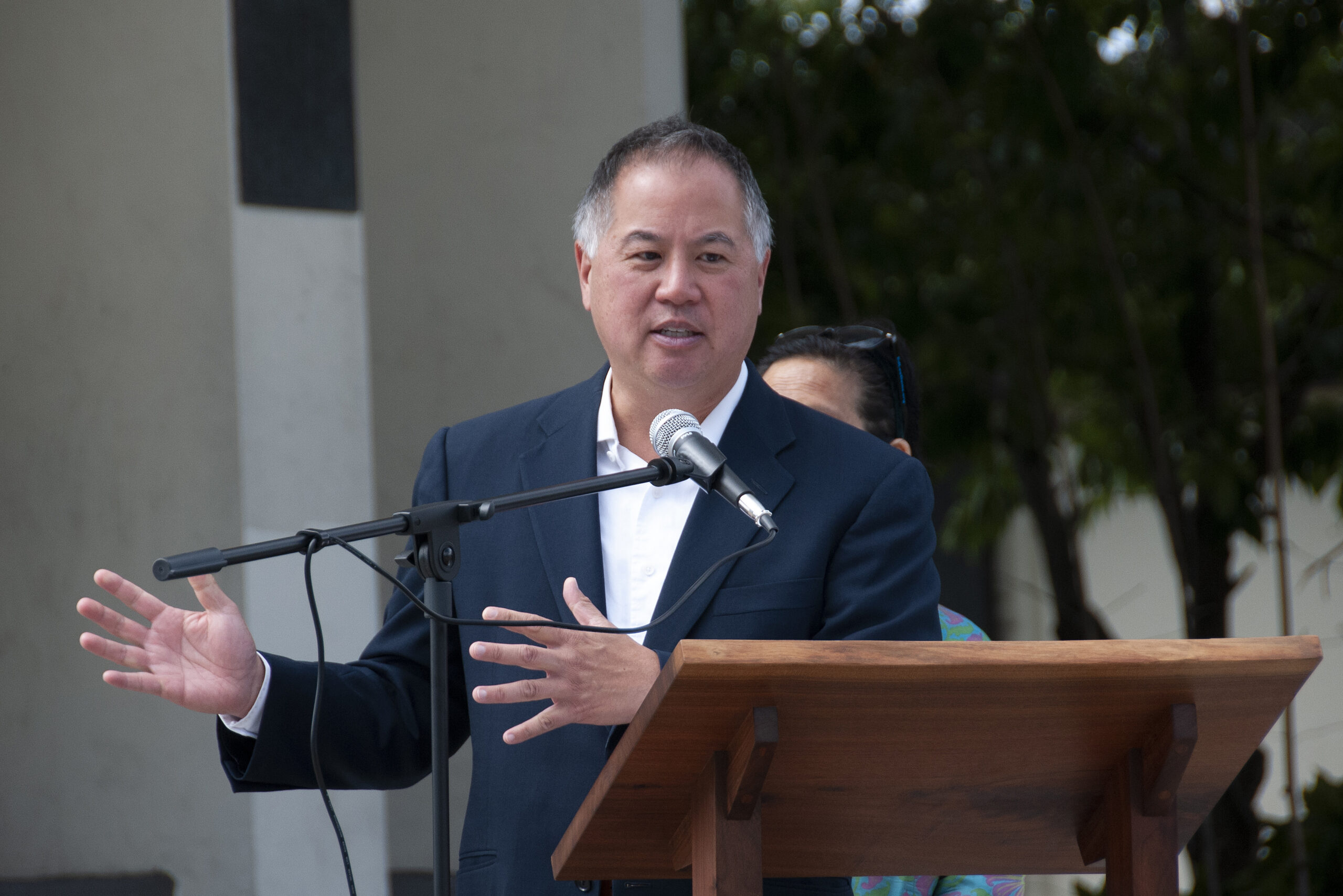In an effort to reduce water consumption and resident's exposure to chemically coated paper, Assemblymember Phil Ting, D-San Francisco, has reintroduced legislation that would require California businesses to only print physical receipts upon request.
If passed, Assembly Bill 1347 would fine companies if they automatically print receipts as part of their business transactions, or if they provide receipts on request that are unnecessarily long or have dangerous chemicals in their ink.
Ting argued that in many cases, people don't want or need a physical receipt, especially when buying something like to-go coffee or a pack of gum.
"It doesn't make sense to kill so many trees and produce billions of pounds of carbon emissions," said Ting. "AB 1347 gives customers a choice and still provides for customers to request a paper receipt when they need it."
Green America, an environmental group that works to reduce retailers' impacts on the environment, reported that print receipts across the country cost over 3 million trees and 10 billion gallons of water annually—and that 49% of people throw them away or lose them after receiving them.
"I can't imagine that we'd rather have receipts over drinking water, receipts over water for our crops, water for the agricultural industry," said Ting. "It's really a matter of prioritization."
And not only are the receipts sometimes unnecessary and harmful for the environment, but they often contain Bisphenol-A and Bisphenol-S, which are known endocrine disruptors that are linked to developmental and neurological disorders.
These chemicals, which can be absorbed upon touch and contaminate compost bins, also make receipts not recyclable.
"Our unwanted paper receipts contribute to unrecyclable litter and expose us to toxic endocrine disruptors such as BPA," said Chloe Brown from Californians Against Waste, an interest group that is co-sponsoring AB 1347. "By simply offering consumers alternatives, we can stop a completely unnecessary and wasteful use of our natural resources."
Ting's bill would issue two warnings to noncompliant businesses before fining them $25 a day, with a maximum of $300 per year, if they continue to print out unnecessary receipts. He said it would not be an "overly onerous violation," but more so a reminder for companies to be mindful of their waste.
Ting previously attempted to shift California away from paper receipts in a 2019 bill, which later fell flat in the Senate Appropriations Committee. Ting said that since the Covid pandemic, businesses have largely shifted towards paperless, contactless payment transactions with their customers.
Some large retailers have already transitioned to letting their customers choose how they'd like their proof of payment, including CVS Pharmacy, which was notoriously known for handing customers scroll-like receipts for simple purchases. Now, customers can decide if they' like no receipt, an e-receipt or a paper receipt at checkout.
Green America said CVS's decision a year ago saved an estimated 87 million yards of receipt paper.
Copyright © 2023 Bay City News, Inc.
